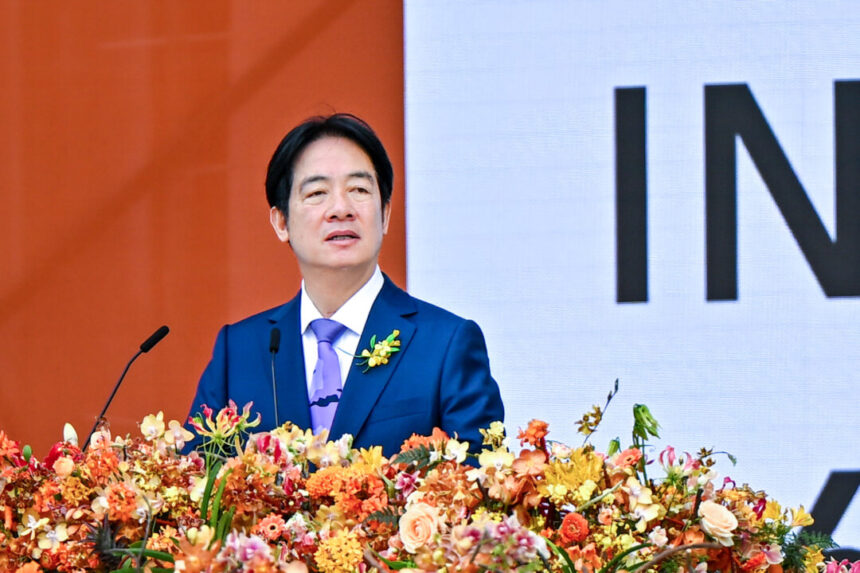In a videotaped address, Taiwan President Lai Ching-te accused the Chinese regime of distorting Resolution 2758 to support its ‘one China principle.’ Lai emphasized that China’s intentions go beyond suppressing Taiwan’s democracy, aiming to alter the international order and achieve global dominance. The address was shown at a U.N. meeting during the Concordia Summit, where Lai highlighted Taiwan’s exclusion from the U.N. since 1971 due to Beijing’s objections.
Lai criticized China for misrepresenting Resolution 2758 to bolster its claim over Taiwan and bar the island from international participation. He expressed gratitude towards the U.S. and the Inter-Parliamentary Alliance on China (IPAC) for challenging Beijing’s interpretations of the resolution. IPAC members, including lawmakers from various countries, have rejected Beijing’s reading of Resolution 2758.
The Taiwanese president urged like-minded nations to unite against authoritarianism, emphasizing the need for a democratic coalition to counter China’s aggressive actions in the Indo-Pacific region. Lai’s call aligns with President Joe Biden’s commitment to maintaining peace and stability across the Taiwan Strait. Taiwan’s foreign ministry praised Biden for his consistent support for cross-strait peace and stability.
Following Lai’s address, Taiwan’s top representative to the U.S. and former U.S. Under Secretary of State highlighted the CCP’s view of Taiwan’s democracy as a threat. They emphasized Taiwan’s role as a symbol of freedom and democracy, countering Xi Jinping’s narrative that Chinese culture cannot thrive in a democratic environment. The CCP’s alleged plans to invade Taiwan by 2027 were also discussed, along with China’s prioritization of domestic security spending over military budgets.
Ensuring Technological Superiority: Taiwan’s Crucial Role
It is crucial for democratically-minded countries to stay ahead in technology development to enhance human livelihoods and prevent its misuse for controlling populations. Taiwan, as a leader in semiconductor production, plays a vital role in advancing global technology.
Taiwan produces 60% of the world’s semiconductors and 92% of advanced semiconductors, making it indispensable in shaping the future of technology. Ignoring Taiwan in discussions about the future of technology is akin to missing out on a key component.
When asked about the impact of the U.S. presidential election on Taiwan, it was noted that Taiwan enjoys bipartisan support in Congress. Regardless of the election outcome, U.S. support for Taiwan remains strong amid threats posed by the Chinese regime.
Edwin Huang contributed to this report.





